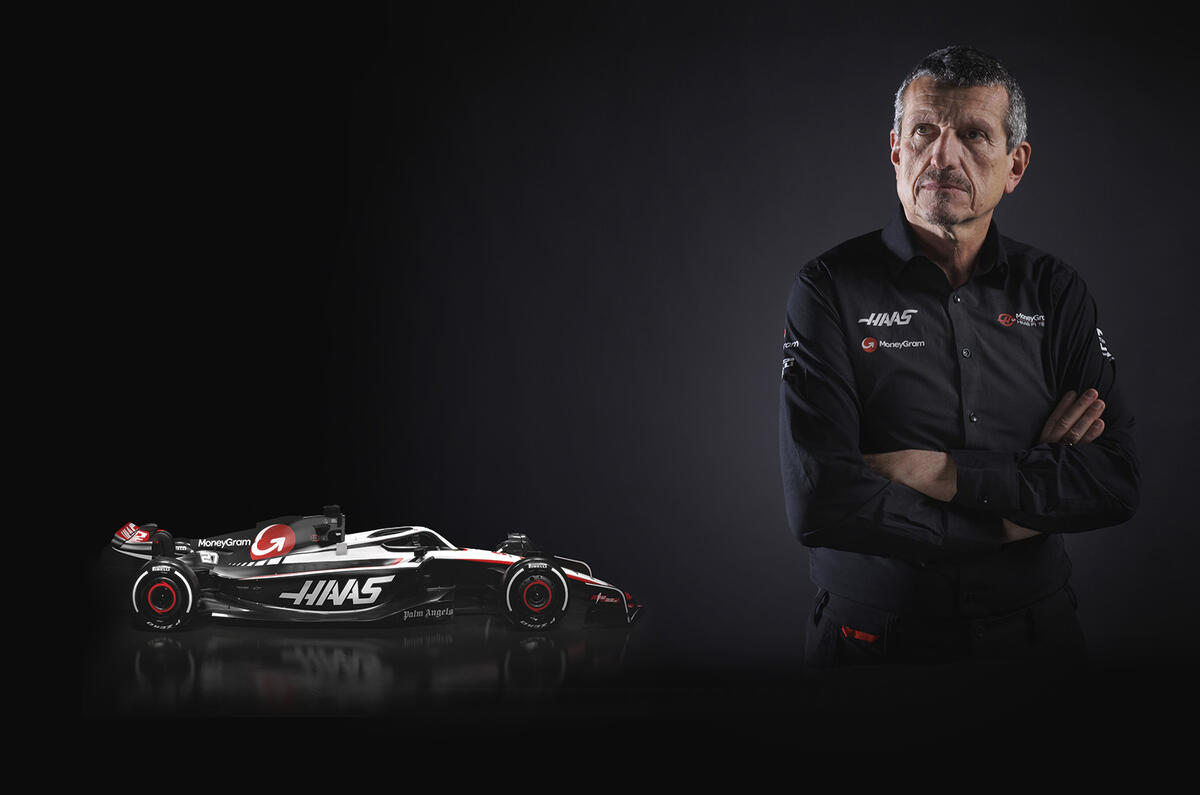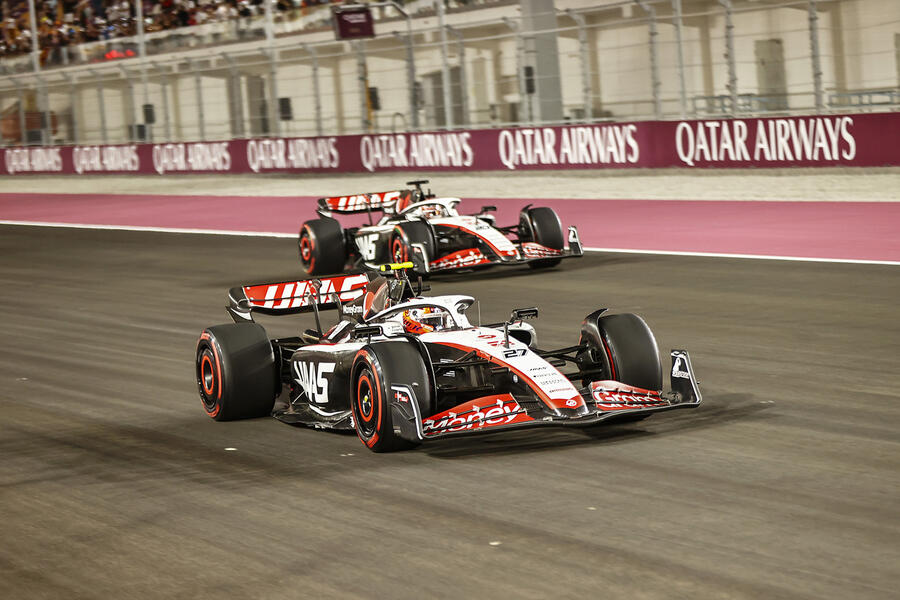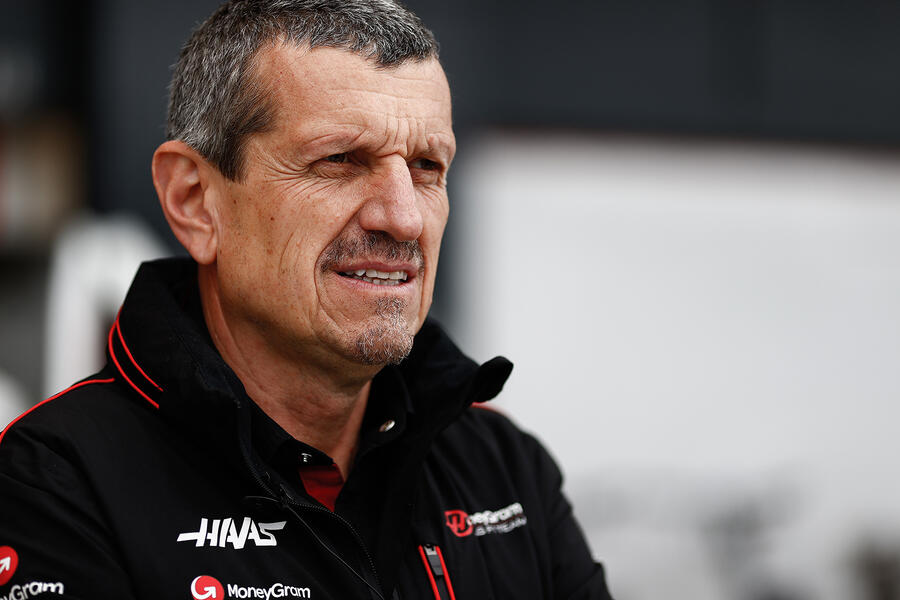An otherwise quiet off-season for Formula 1 was shaken up by the unexpected departure of Haas team principal Guenther Steiner, hitherto the third-longest-serving boss in the sport behind Red Bull’s Christian Horner and Mercedes-AMG’s Toto Wolff.
Despite the revolving-door policy adopted up and down the paddock recently, the news came as a shock, because Steiner wasn’t just a hired executive – he was the heart and soul of his team.
The former Jaguar and Red Bull man was in the US and running a growing composite business when he started the team from a blank sheet of paper.
He came up with the concept of having a small full-time staff while sourcing as much as possible from suppliers Ferrari and Dallara, and convinced machine tools magnate Gene Haas to fund the project.
The team got off to a sensational start in 2016, when Romain Grosjean came sixth in its debut race, and two years later it finished a remarkable fifth in the constructors’ championship.
After that, though, life became tougher as other teams stepped up their games, and then, in 2020, the challenges of the pandemic hit Haas particularly hard.
In 2023, the team slipped to 10th and last in the table, despite its car showing good one-lap pace.
Just as Steiner’s latest three-year contract was expiring at the end of December, he was told by Gene Haas that he wouldn’t be retained.
Shock exit
“He called me up,” Steiner tells Autocar. “It was out of the blue. I was like: ‘Okay, what do you want to tell me?’
“He said: ‘I don’t want to extend the contract.’ I said: ‘In the end, it’s your decision. It’s your team and the contract is up. What can I do? Do I think it’s right or not? Whatever I say, you’ll disagree with it. So leave it at that.’
“It was a very short call; it wasn’t a big discussion or anything. It was also very strange. You work with somebody for 10 years and you get a call [like that]… It’s weird. I was okay. I just move on. It’s fine. Anyway, I couldn’t believe any more in what was happening there.”
Directional change
The pair had a fundamental disagreement on the way forward. Steiner could see all too clearly how the team’s immediate rivals were ramping up their factory infrastructure and duly sought more investment in order to keep pace.
Haas, meanwhile, believed that the team could achieve more with the resources that it already had.
“Something needed to change,” says Steiner. “I’m not saying that Haas did it wrong. All the other ones did it right. F1 changed from when Haas started to where it went in the past five years. It’s a completely different ball game. They’re all strong teams.
“You just need to open your eyes, if you understand F1, and look at what the other ones do – and Haas isn’t doing it. At some stage, you can’t get anywhere with [Haas’s] approach. It’s just not time-representative any more.”






Add your comment